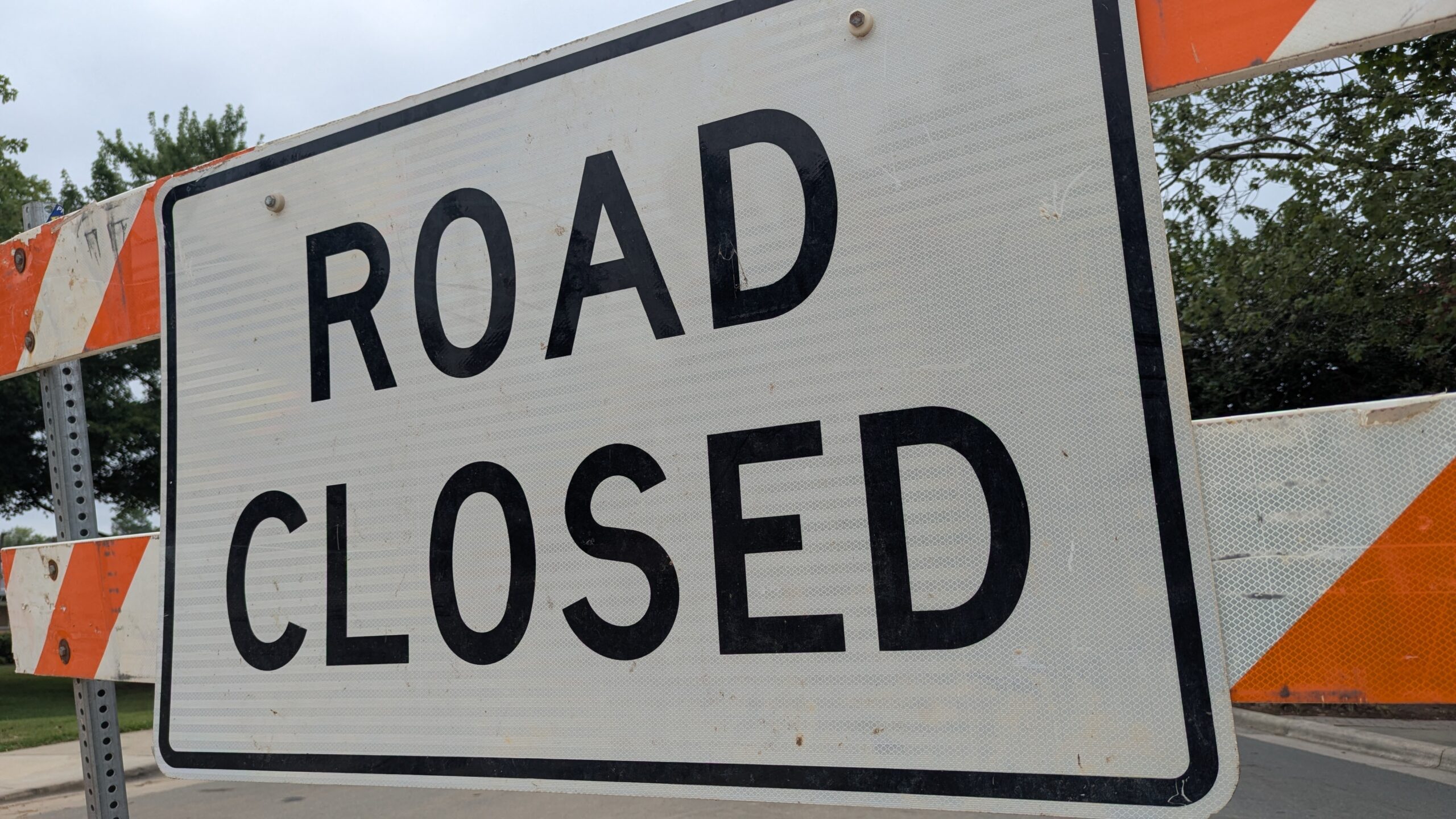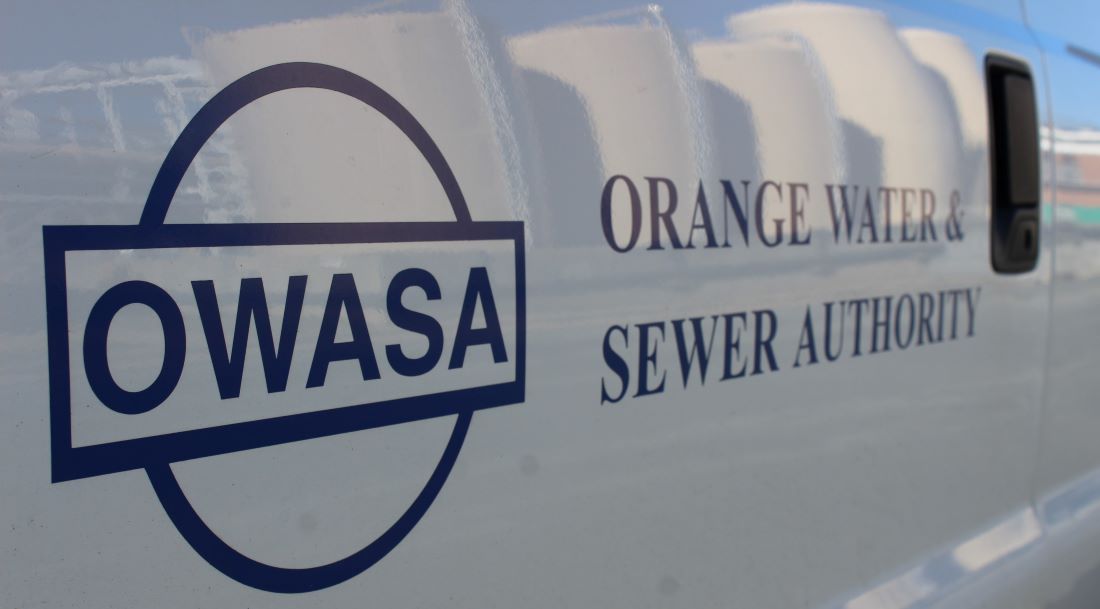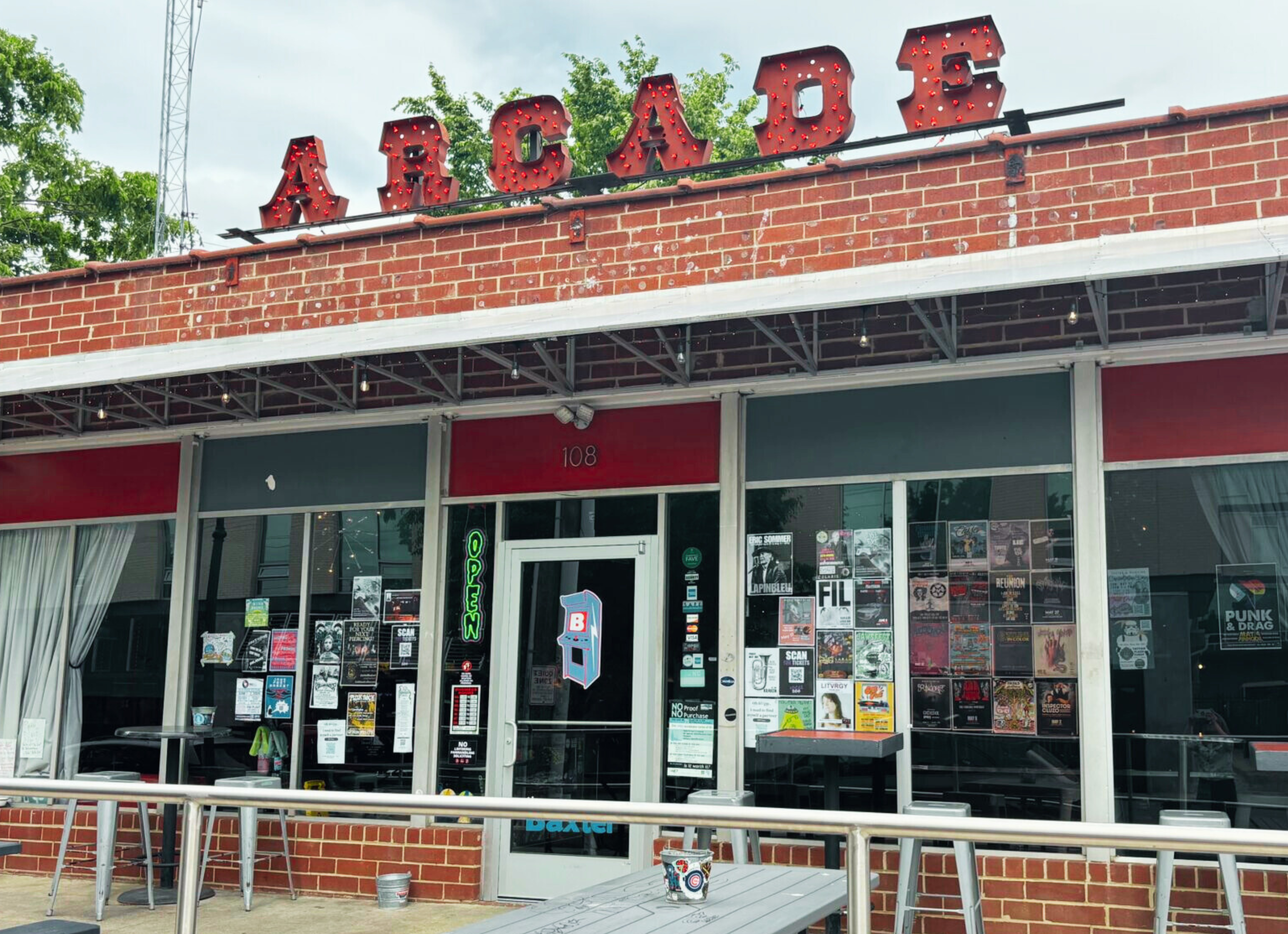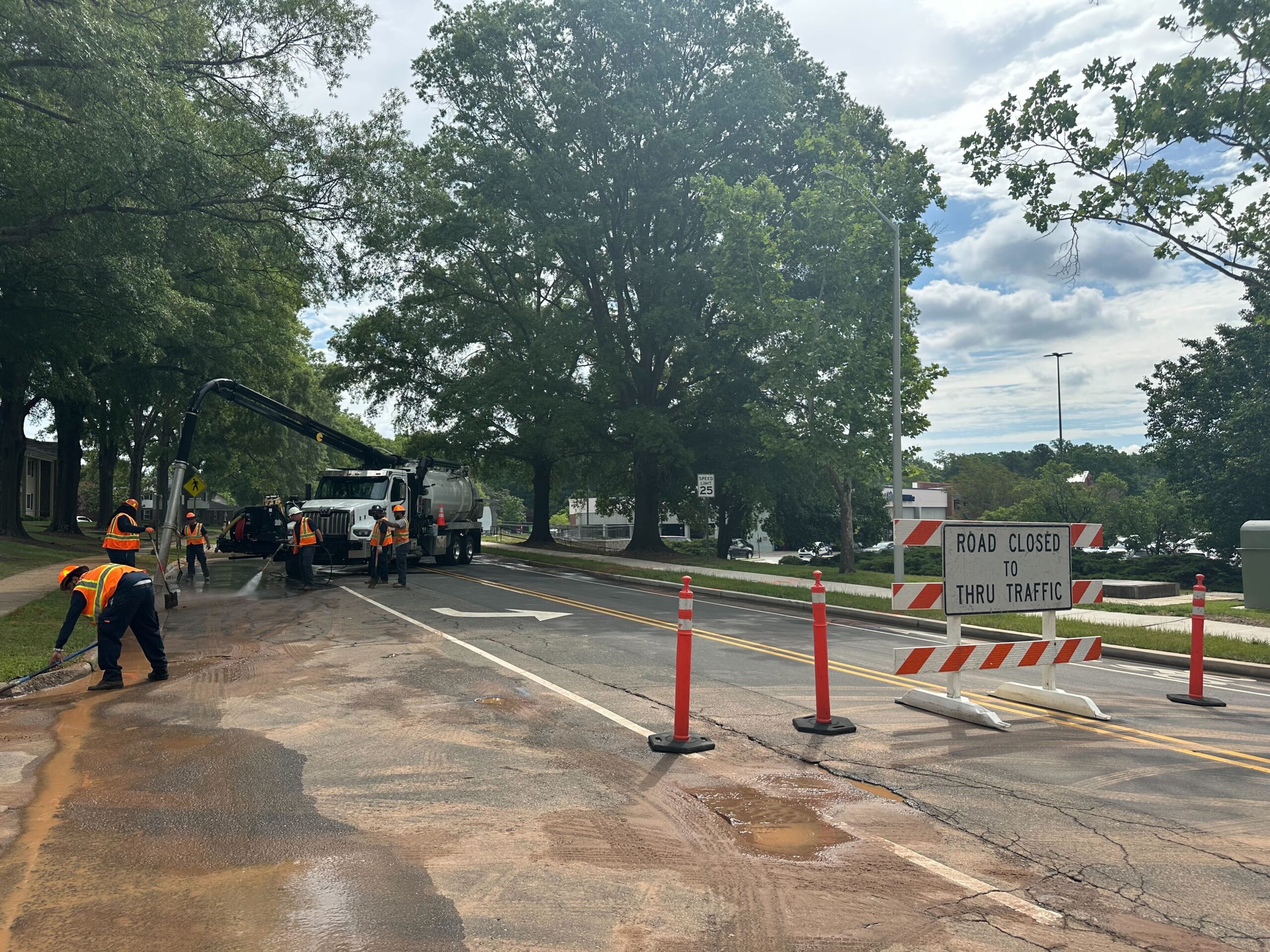A new water program in North Carolina could help many families struggling to pay their water bills and avoid water shutoffs during the COVID-19 pandemic.
The North Carolina Department of Health and Human Services received more than $38 million in federal funding to create a water assistance program. The Low-Income Household Water Assistance Program provides funding as a one-time payment directly to the utility company.
To qualify for funding, a household must have a bill more than 60 days past due, have at least one U.S. citizen or non-citizen living in the household, and have an annual income less than or equal to 150 percent of the federal poverty level. For a household of four, that equates to about $40,000.
Amy Armbruster is the sustainability and outreach coordinator at Orange Water and Sewer Authority (OWASA). She said prior the pandemic, 250 to 300 OWASA customers had bills 60 days past due. Now, that number is more than 500.
“They owe an average of $538, which represents an enormous financial burden for our low-income customers,” Armbruster said. “In total, all of these folks combined, they owe [more than] $270,000. This program could really make a huge dent in helping to pay some of the most neediest neighbors in our community their water bills.”
OWASA started a moratorium on water shutoffs during the beginning of the pandemic in March 2020. Although no customers have had their water shut off, Armbruster said North Carolina law does not allow water utility companies to offer discounts to low-income customers or forgive their debt.
“Each month that they’re unable to pay, their water bills continue to multiply,” Armbruster said. “The low-income housing water assistance program can really help to make sure that they don’t have this financial burden when we lift the moratorium on water shutoffs.”
Beginning January 1, more households will be eligible for the program. Households who are not 60 days past due but meet the other assistance criteria can apply for financial assistance. These households are limited to $600 in funding.
Funding applications will be accepted through September 30, 2023 or until the funds are exhausted.
“It really is first come first serve,” Armbruster said. “We really encourage people who are struggling to pay their water bills to apply now.”
As OWASA only covers Chapel Hill and Carrboro, Hillsborough has a water program of its own. Similar to OWASA’s Care to Share program, Mayor Jenn Weaver said the town has a water assistance fund where people can make one-time donations on their monthly bill or sign up to be a regular donor.
“It’s not always something that pops up in people’s heads,” Weaver said. “You might think food and housing as far as things to donate for assistance, but with so many people in our community spending so much money in housing, then you know that leaves even less money left over for things like their utilities. It turns out everyone needs water. So it’s really, really important.”
Chapelboro.com does not charge subscription fees. You can support local journalism and our mission to serve the community. Contribute today – every single dollar matters.









